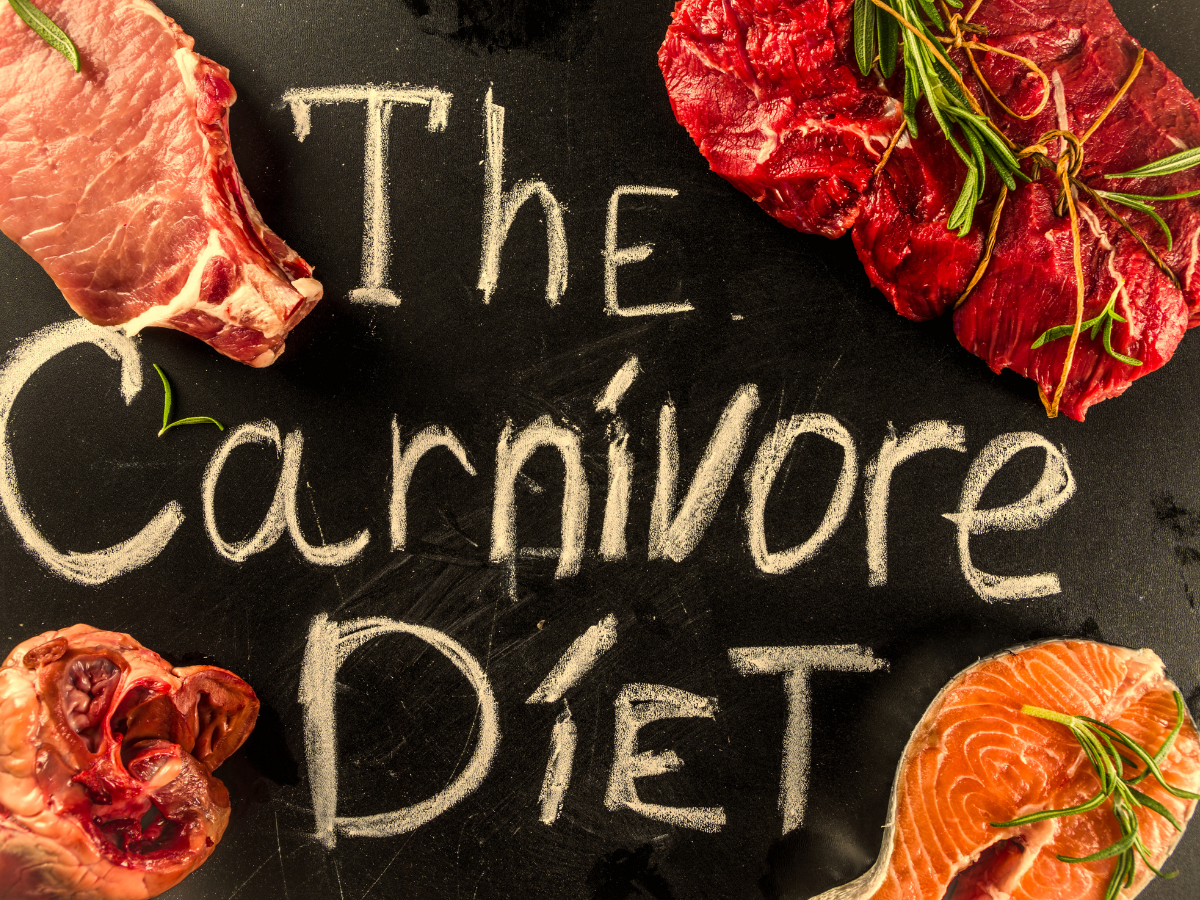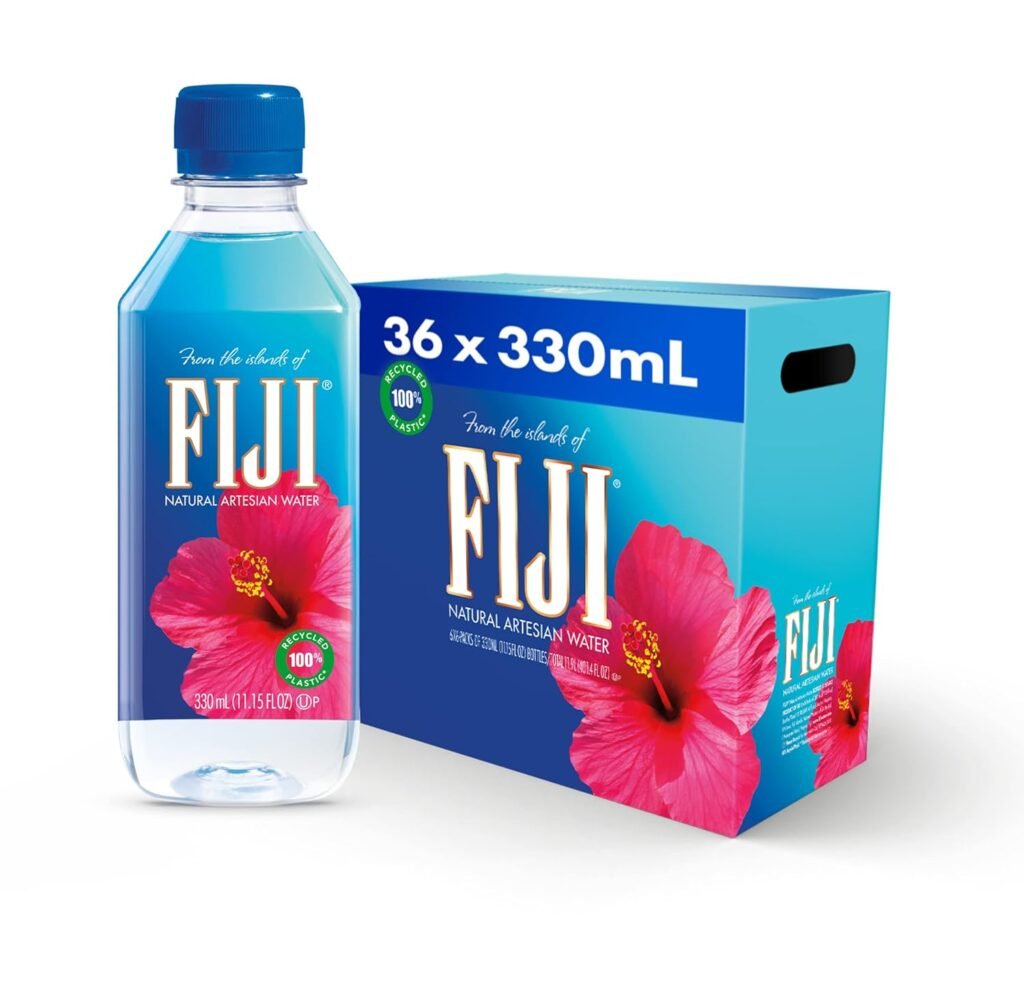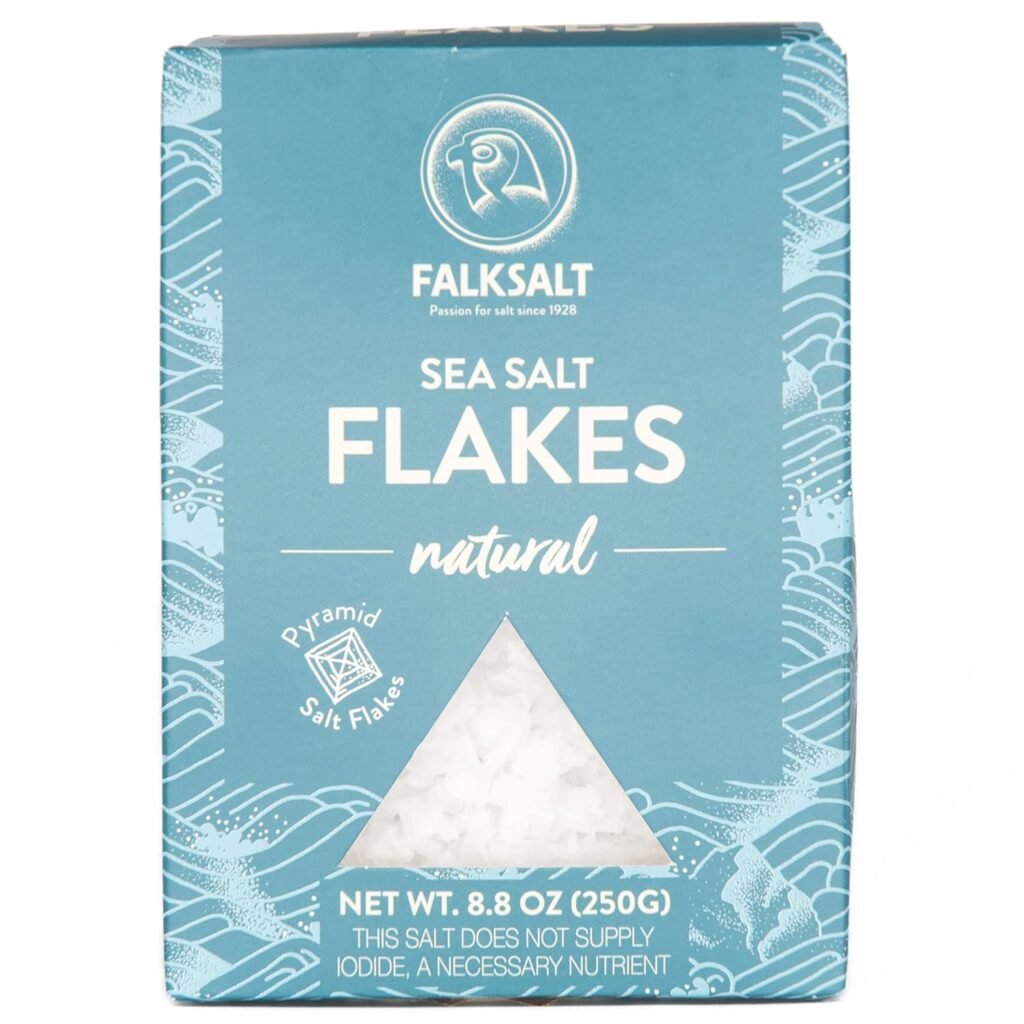
The best carnivore food list includes nutrient-dense animal products such as beef, pork, chicken, fish, and eggs. It emphasizes high-quality meats and organ meats for optimal health benefits. This list serves as a guide for those following a carnivore diet to ensure a varied and nutritious intake while adhering to strict dietary principles.
Join us as we dive into the world of carnivore foods, discovering their incredible nutrient density and importance for human health. Whether you’re new to the carnivore lifestyle or a seasoned pro, we’ll provide practical tips and advice to help you get started. Get ready to learn why the carnivore diet is not only easy to follow but also one of the healthiest ways to thrive and flourish.
Exploring the Carnivore Food List
- Beef: Beef is a staple of the carnivore diet, prized for its rich protein content, essential vitamins (such as B vitamins and zinc), and bioavailable iron. Grass-fed beef is particularly nutrient-dense, offering higher levels of omega-3 fatty acids and conjugated linoleic acid (CLA) compared to conventionally raised beef. For beginners, start with cuts like ribeye, sirloin, or ground beef for versatility and flavor.
- Pork: Pork provides a diverse range of cuts, from tenderloin to bacon, each offering its own unique flavor profile and nutrient composition. Pork is rich in protein, B vitamins (especially thiamine and niacin), and essential minerals like phosphorus and selenium. When selecting pork products, opt for pasture-raised or heritage-breed pork whenever possible for optimal taste and nutrient density.
- Poultry: Chicken and turkey are lean protein sources commonly enjoyed on the carnivore diet. Poultry is rich in protein, niacin, phosphorus, and selenium, with white meat generally lower in fat than dark meat. Choose pasture-raised or organic poultry to avoid antibiotics and hormones commonly found in conventionally raised birds.
- Fish and Seafood: Fish and seafood are nutrient powerhouses, providing high-quality protein, omega-3 fatty acids, and essential minerals like iodine and selenium. Fatty fish like salmon, mackerel, and sardines are particularly rich in omega-3s, which support heart health, brain function, and inflammation reduction. Incorporate a variety of fish and shellfish into your carnivore diet to reap the full spectrum of nutritional benefits.
- Eggs: Eggs are a versatile and nutrient-dense addition to the carnivore diet, offering a complete source of protein and essential nutrients like choline, vitamin D, and lutein. Pasture-raised or omega-3-enriched eggs are preferred for their higher nutrient content and superior taste. Experiment with different cooking methods, from scrambled to poached, to keep your egg consumption varied and enjoyable.
- Organ Meats: Organ meats are nutritional powerhouses, providing concentrated doses of vitamins, minerals, and micronutrients essential for optimal health. The liver, in particular, is prized for its high levels of vitamin A, vitamin B12, folate, and iron. Incorporate a variety of organ meats like liver, heart, kidney, and brain into your carnivore diet to ensure a diverse nutrient intake.
- Bone Broth: Bone broth is a nourishing beverage made by simmering bones, connective tissue, and vegetables in water. It’s rich in collagen, gelatin, amino acids, and essential minerals like calcium, magnesium, and phosphorus. Enjoy bone broth as a warming beverage or use it as a base for soups, stews, and sauces to add depth of flavor and nutritional value to your meals.
- Dairy (Optional): While not strictly carnivore, some individuals choose to include dairy products like cheese, butter, and heavy cream in their carnivore diet. Dairy products are rich in protein, calcium, and fat, but they may not be well-tolerated by everyone, especially those with lactose intolerance or dairy sensitivities. If including dairy, opt for high-quality, full-fat, and preferably raw or fermented dairy products for maximum nutrient density.
- Water: Hydration is essential for overall health and well-being, especially on a low-carb, high-protein diet like a carnivore. Drink plenty of water throughout the day to stay hydrated and support optimal bodily function. Avoid sugary beverages, sodas, and fruit juices, opting instead for plain water or sparkling water flavored with lemon or lime as a refreshing alternative.
- Salt: Salt is a crucial electrolyte that helps maintain fluid balance, nerve function, and muscle contraction. Many individuals on the carnivore diet find that they need to increase their salt intake to prevent electrolyte imbalances and maintain optimal hydration. Use high-quality sea salt or Himalayan salt liberally to season your food and replenish lost electrolytes.
Daddy’s Picks
Practical Tips for Beginners:
- Start Slow: Transitioning to a carnivore diet can be challenging for some individuals, so start by gradually reducing carbohydrate intake while increasing consumption of animal-based foods.
- Listen to Your Body: Pay attention to how your body responds to different foods and adjust your diet accordingly to meet your individual needs.
- Experiment with Variety: While the carnivore diet may seem restrictive, there’s plenty of room for culinary creativity within the framework.
In conclusion, the carnivore diet offers a simple yet incredibly nourishing approach to nutrition that has the potential to transform lives, especially for seniors. By focusing on nutrient-dense animal foods and eliminating potentially inflammatory plant foods, individuals can experience a wide range of health benefits, from weight loss and improved metabolic health to increased energy levels and mental clarity.
As you embark on your carnivore journey, remember to prioritize high-quality, pasture-raised animal products whenever possible to maximize nutrient density and flavor. Listen to your body’s cues, experiment with different foods and cooking methods, and enjoy the journey of discovering how the carnivore diet can support your health and well-being.
Ultimately, the carnivore lifestyle isn’t just about what you eat—it’s about embracing a holistic approach to health and vitality that nourishes your body, mind, and spirit. So, whether you’re just starting out or you’re a seasoned carnivore enthusiast, here’s to thriving on the carnivore diet and living your best life at any age. Cheers to your carnivore success!
READ MORE
- The “Meat Monk” Routine: A Minimalistic, Monk-Style Daily Schedule Built Around Beef and Meditation
- Junk Food Jailbreak: Carnivore Keys to Freedom
- Pregnancy and the Carnivore Diet: Is It a Good Idea?
- When Is It Time to Stop Listening to Carnivore Influencers?
- Why the Carnivore Diet Differs From Location to Location: Why There Is No One-Size-Fits-All Rule
Exclusive Offer


